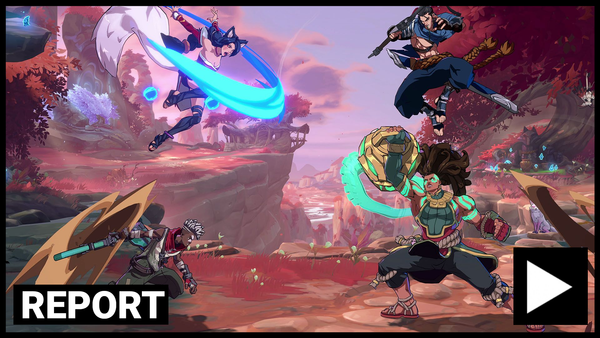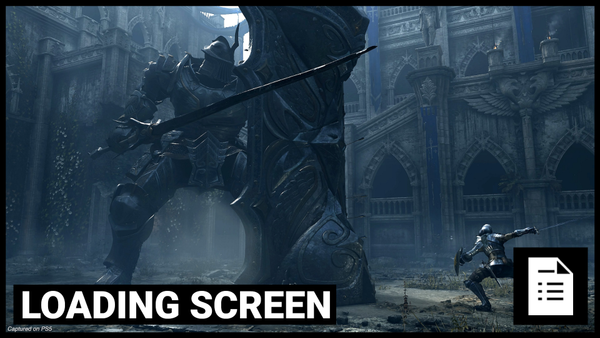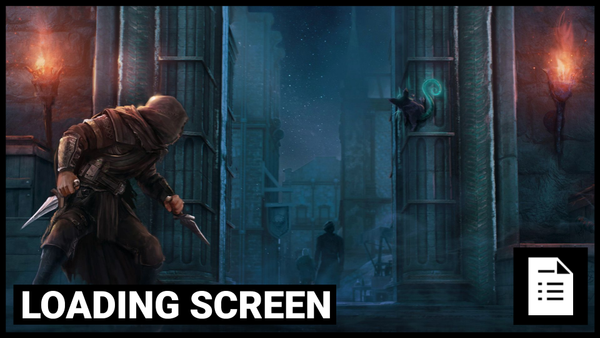Loading Screen: Don't Just Throw Devs At Problems, Stop Killing Games Update: UK Edition
The success of indies this year has led to (responsible) publishers asking players to just let their devs cook - more devs won't get you updates faster. Meanwhile, the Stop Killing Games movement has gotten an official response in the UK - but it's not great news.
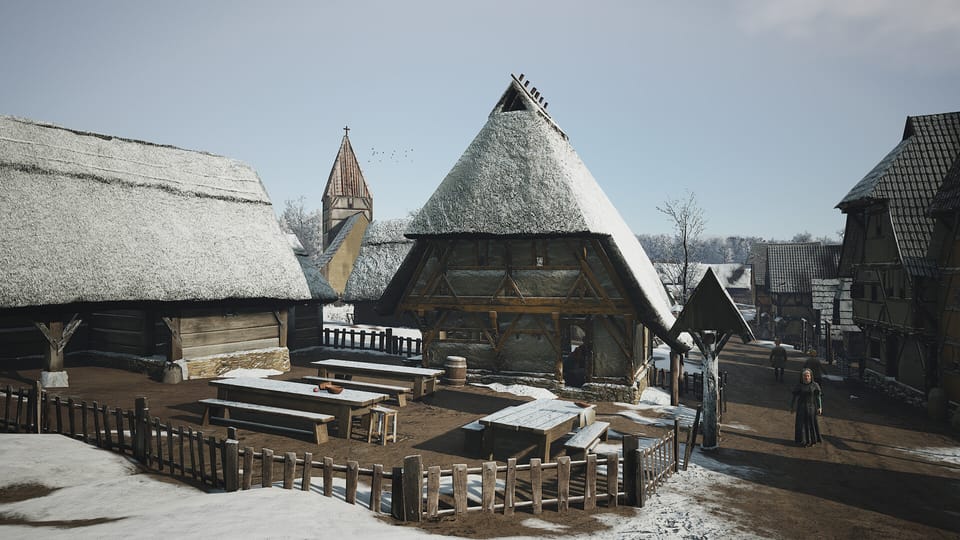
The success of indies this year has led to (responsible) publishers asking players to just let their devs cook - more devs won't get you updates faster. Meanwhile, the Stop Killing Games movement has gotten an official response in the UK - but it's not great news.
06/05: Plushie From The Sky,
07/05: Heading Out,
08/05: V Rising, Gift, PAC-MAN Mega Tunnel Battle: Chomp Champs
09/05: Animal Well, Little Kitty, Big City, Crow Country, Rabbit & Steel, Cryptmaster, King Arthur: Legion IX, 1000X Resist
10/05: Gatekeeper, Cyber Manhunt 2: New World
More Devs Won't Make Games Faster
2024 has seen a rash of indie successes from small studios and teams - many of those games launching to way more success than was initially hoped for.
The most recent of these is Manor Lords.
While it's not a completely solo dev affair, thanks to a small militia of contractors fulfilling specialised roles, it's still a game where anything that's been put in the game has been touched by Greg Styczeń's hands.
Which is part of the charm of course.
Of course, the problem with that is it also means updates might take a while.
And when you've got more than a million people who've played the game, that means a sizeable percentage of them will be telling the developers they want more game faster.
Since Hooded Horse and Slavic Magic just made a lot of money, that should be easy to fix right?
Just hire a bunch of devs to make the rest of the game now.
Which speaking to PCGamer, Hooded Horse CEO Tim Bender rebuked clearly based on seeing players say exactly that having gone four days since launch without a new feature being added:
"What they're probably not thinking about is that that's just fundamentally not the way things work," said Bender. "The best growth is very slow. It's keeping the core vision intact.
It's the importance of Greg [Styczeń] and his work process. And so, as a result, people are going to be clamoring [for updates], and I think that's just virtually guaranteed.
There's no pace of updates that would not result in people clamoring for more, and would not result in a bunch of people saying the ideal solution is to just hire 50 people."
The idea from the audience perspective is that getting a surge of money, hiring a bunch of devs, training them in your pipeline and production and then making the game is a process solved only by money.
But in reality the cost is time and effort - because getting those people integrated is it's own job.
And then, as we've been seeing with the industry more and more over the last two years - what happens to all those hires when the revenue slows down?
Do they just get fired?
Sustainable, slow and steady growth is worth it.
Even if it means features take a little while to ship.
Stop Killing Games Update: The UK Responds
As the Stop Killing Games campaign rolls on, the UK petition has reached 10,000 signatures - meaning the government has to respond.

It's about as good a response as can be expected from a civil servant responding to an online petition.
Those selling games must comply with UK consumer law. They must provide clear information and allow continued access to games if sold on the understanding that they will remain playable indefinitely
They confirm there's currently no UK law that compels support for older versions of software - and that while decisions may be made to end support based on server costs, these decisions will still fall under UK consumer protections.
In some cases, if users were led to believe the game would be playable indefinitely, then the company could be challenged on that - and regulators could "require that the game remains technically feasible (For Example, available offline) to play".
But the idea that there has to be a consumer belief of being able to play indefinitely is where the problems start and end - because when the principle is that abstract, it becomes easy for a legal team to argue against.
So this is not a lot.
They don't actually engage with the detail of the petition, which is to ask for new legislation in order to mandate the support that currently doesn't exist.
This makes sense because while the petition is to the UK Government - and particularly the Department of Culture, Media & Sport - that doesn't actually mean it's reached lawmakers.
When (if) the petition reaches 100,000 signatures from UK citizens, then it will be presented for debate in Parliament.
Which is when any interested MPs will then be able to advocate for or against the issue - applying pressure to the government of the day to introduce legislation to be voted upon.
Unfortunately, the UK is also near guaranteed an election this year, and the current government is already slashing it's legislative agenda in favour of soundbites and electioneering strategies.
Which means any amount of interest in digital technology rights will be severely hampered.
For the time being, knowing there is a potential path to challenging decisions via regulators is a step up.
Definitely not a large step based on the flexibility of the wording.
But that might be the only step that the UK market can take for a while.
Weekend Recommend:
The rise of Holocure fan games has been a fast and prolific one - and for Gamesradar, Austin Wood decided to speak to the folks behind the Vtubing company that's set up it's own game publisher around their success.
The secret is pretty clear, they know fans are going to make these games anyway, they may as well help them make great ones.

The most important factor for us remains consistent: a deep love and passion for hololive production.
While it's challenging to provide a specific explanation, we consider understanding of the hololive production IP, consideration and care for the talents, and the utilization of memes from streams to be crucial. Furthermore, it's important to us that creators / developers show love and respect towards the fan community, aiming to be accepted by as many hololive production fans as possible.
It's essential to note that just because someone doesn't pass the evaluation doesn't mean they lack love and passion. Sometimes a developer’s vision for a game may not align with our key points of focus. During evaluations, we carefully consider these factors.
For Eurogamer, Robert Purchese has dug into the history of gaming language - and a phrase that almost everyone knows - XP.
Coming from the first editions of Dungeons and Dragons, he tracks the meagre origins that gave rise to a concept so ubiquitous you don't even need to use the full phrase any more.
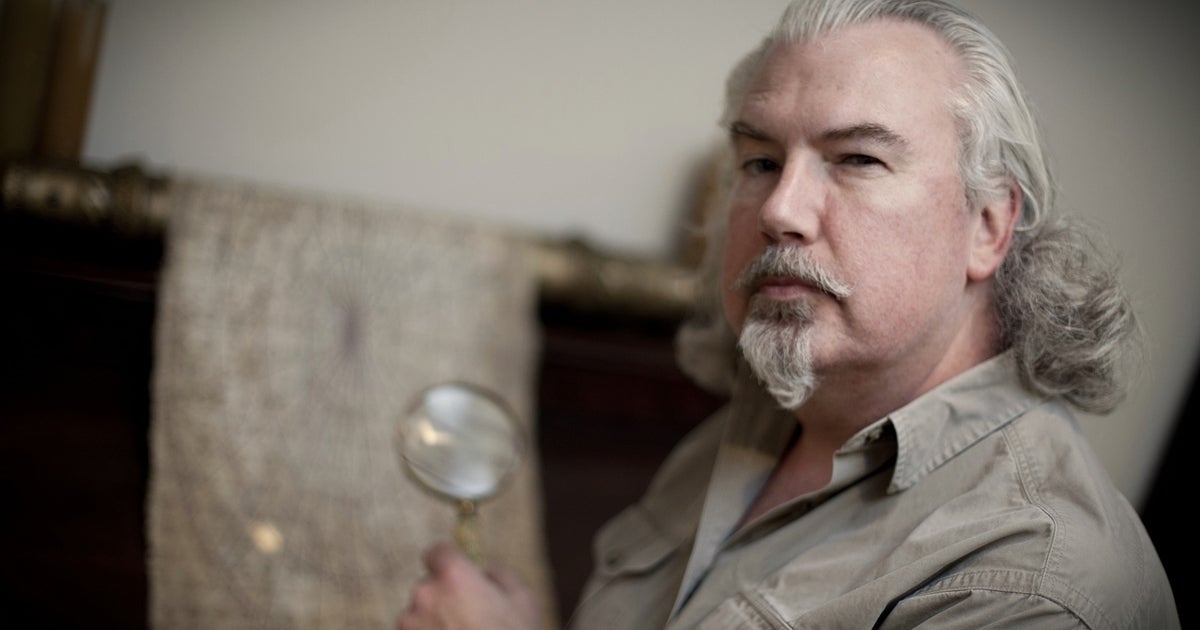
"We couldn't use EP because Gary [Gygax] had added electrum pieces to the currency, which nobody ever used - everybody just used GP and SP and CP for gold, silver, and copper. But he [Gary Gygax] was insistent that EP was for electrum pieces.
And so I had the problem of trying to figure out an abbreviation for experience points, so I came up with XP and used that, and it stuck.
And it got picked up by other tabletop publishers for use in other tabletop role-playing games and then, since the idea of experience points and character progression became a standard thing in role-playing and all kinds of other games, both paper and video games, there needed to be an abbreviation for XP and it just became the global standard."
The stolen potential that was squandered under Bobby Kotick continues to be discovered - in this iteration we get to learn all about Vicarious Visions thanks to Liam Robertson and Game History Secrets.
What secrets? Well how about a Donkey Kong 3D platformer game that never made it out and the confirmation that Vicarious Visions pitched a Tony Hawk Pro Skater 3 + 4 f0llowup - but that it was denied in favour of them being a support studio on the Diablo 2 Remaster and Call of Duty games.





